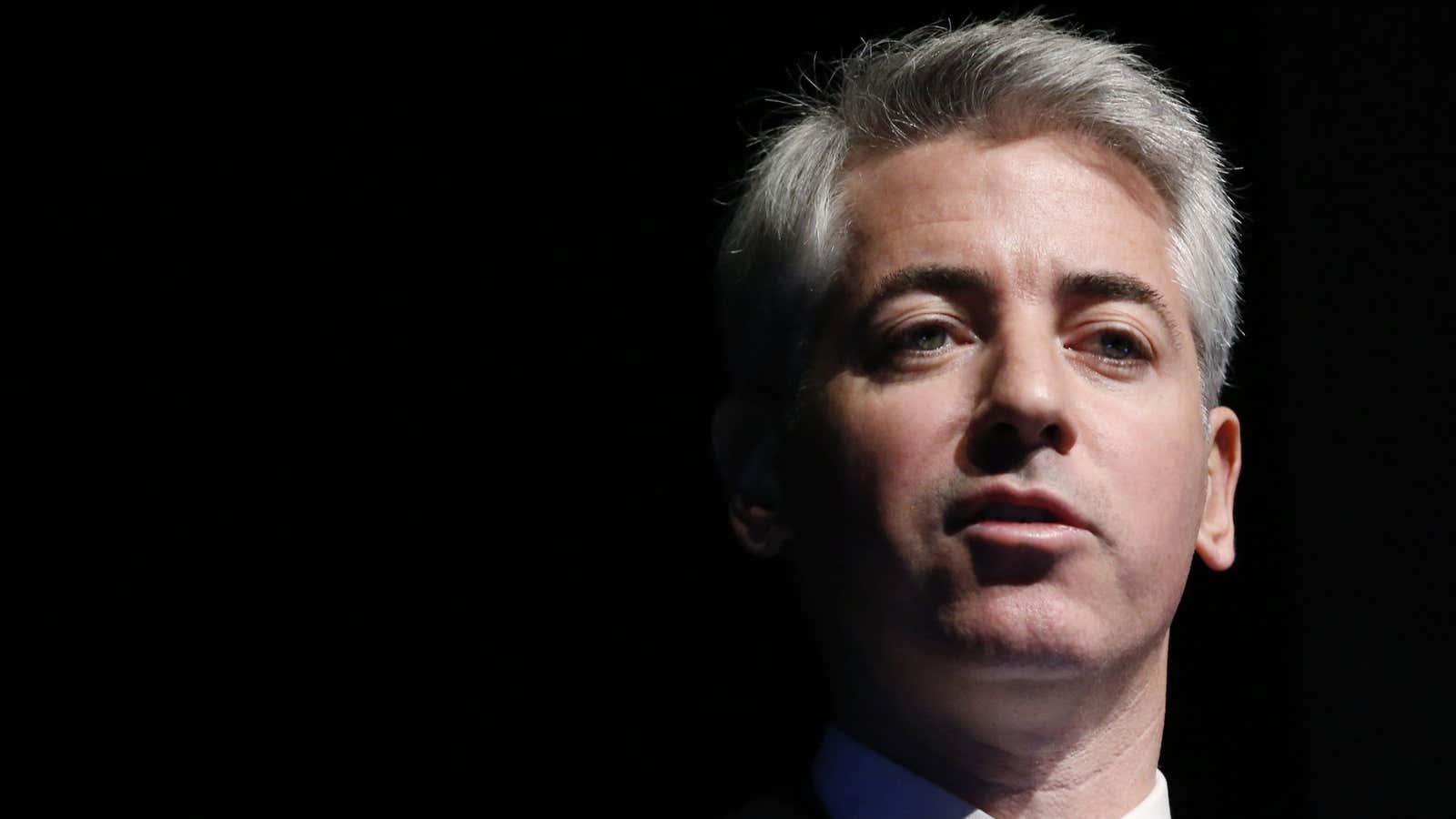Bill Ackman has had mixed success enlisting the US government in his fight against Herbalife. The hedge-fund manager, who has taken a $1 billion bet against the direct-sales firm he claims is a pyramid scheme, has been lobbying an army of congressmen and other officials to have it investigated. But so far regulators haven’t launched a probe, and Ackman has drawn bad publicity for his attempts to “leverage the corridors of power for his hedge fund’s profit,” as a New York Times investigation recently described it.
Maybe China, Herbalife’s hottest market, will prove more amenable to Ackman’s cause. Chinese officials are already investigating Herbalife’s rival NuSkin to determine whether it is an “illegal pyramid scheme” that brainwashes its local door-to-door sales force. That has led many analysts to question whether other direct-sales firms could also be in their crosshairs.
Ackman certainly has hopes of opening up a China front. His hedge fund paid a research firm, OSG, to investigate the company’s practices in China, and he said on a conference call yesterday (March 11) that Herbalife breaks a number of China’s direct-selling laws, including a ban on making recruits pay an entry fee. (What distinguishes a direct-sales company from a pyramid scheme is generally that it makes revenue from real customers, rather than from its salespeople, who must constantly recruit new ones to keep the money flowing.)
As Quartz has reported, China has long been suspicious of companies like Herbalife because they feared that sprawling sales ranks and corporate fervor could potentially pose a threat to Beijing’s rule. So it’s possible that officials could use OSG’s evidence to crack down on Herbalife, NuSkin, and the rest. Alternatively, Beijing may decide that its age-old distrust of direct sales companies belongs on the dustbin of history, and that Ackman’s argument is tainted by his own financial self-interest in Herbalife’s demise.
Besides, Ackman’s not the only one who knows how to access the corridors of power. Direct-selling pioneer Amway—which has also faced criticisms that it operates like a pyramid scheme—now gets almost 40% of its revenue from China. Since 2002 it has been bringing Chinese communist party officials to Harvard University since 2002, where they study public management as “Amway fellows.” As Bloomberg reported last year, one alumnus “is a former official in the government agency that polices direct selling.”
